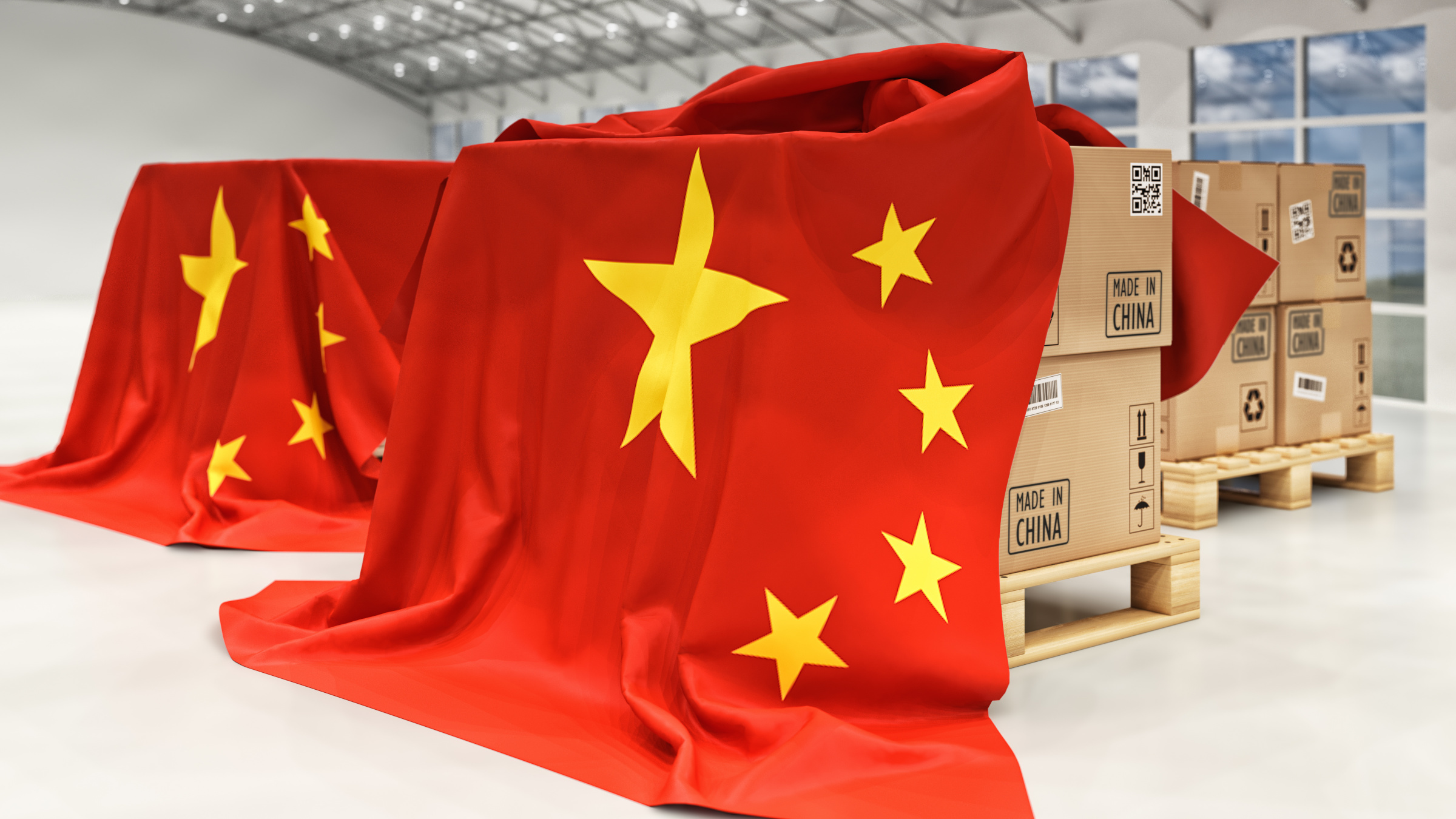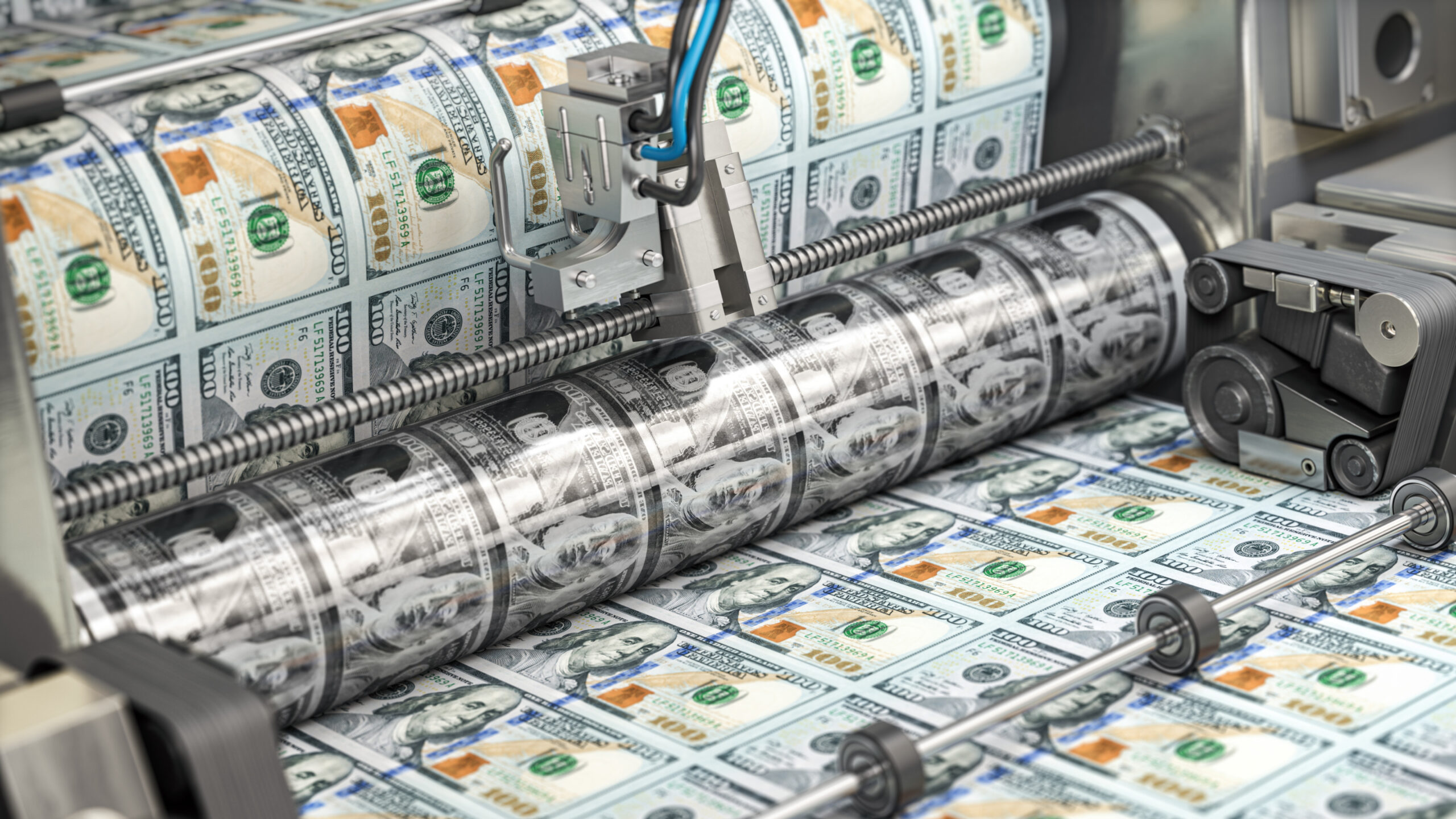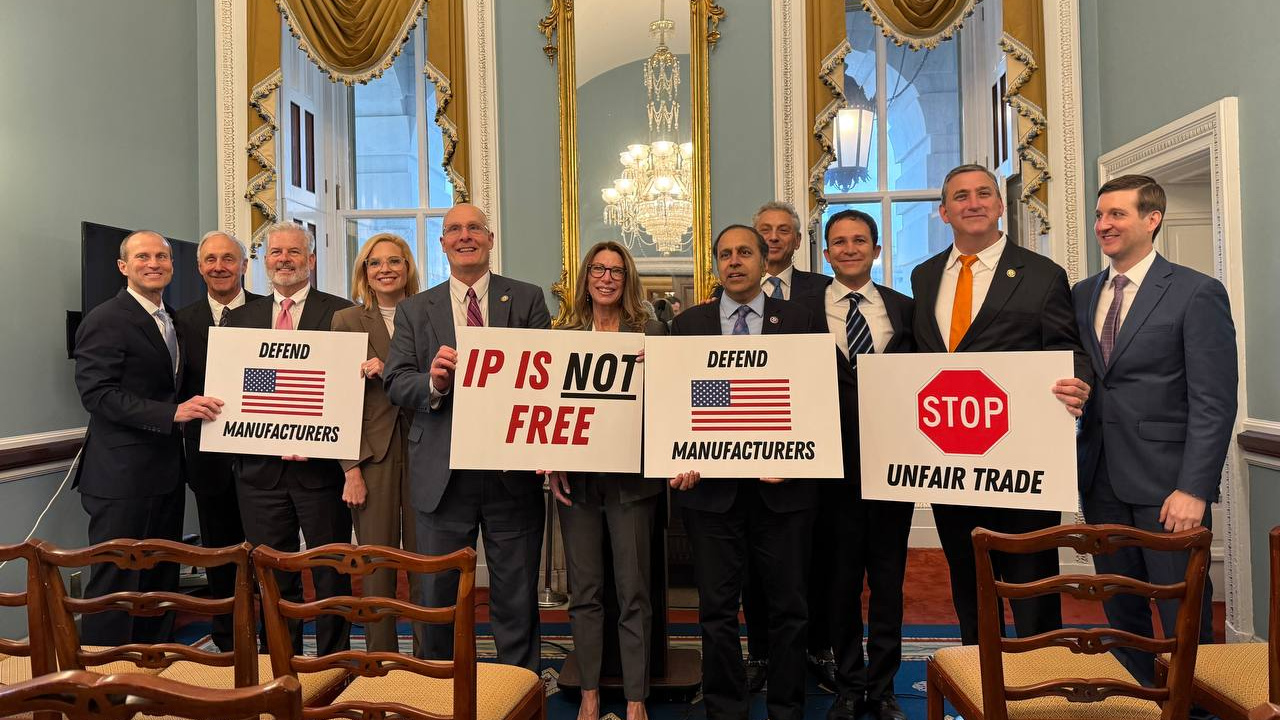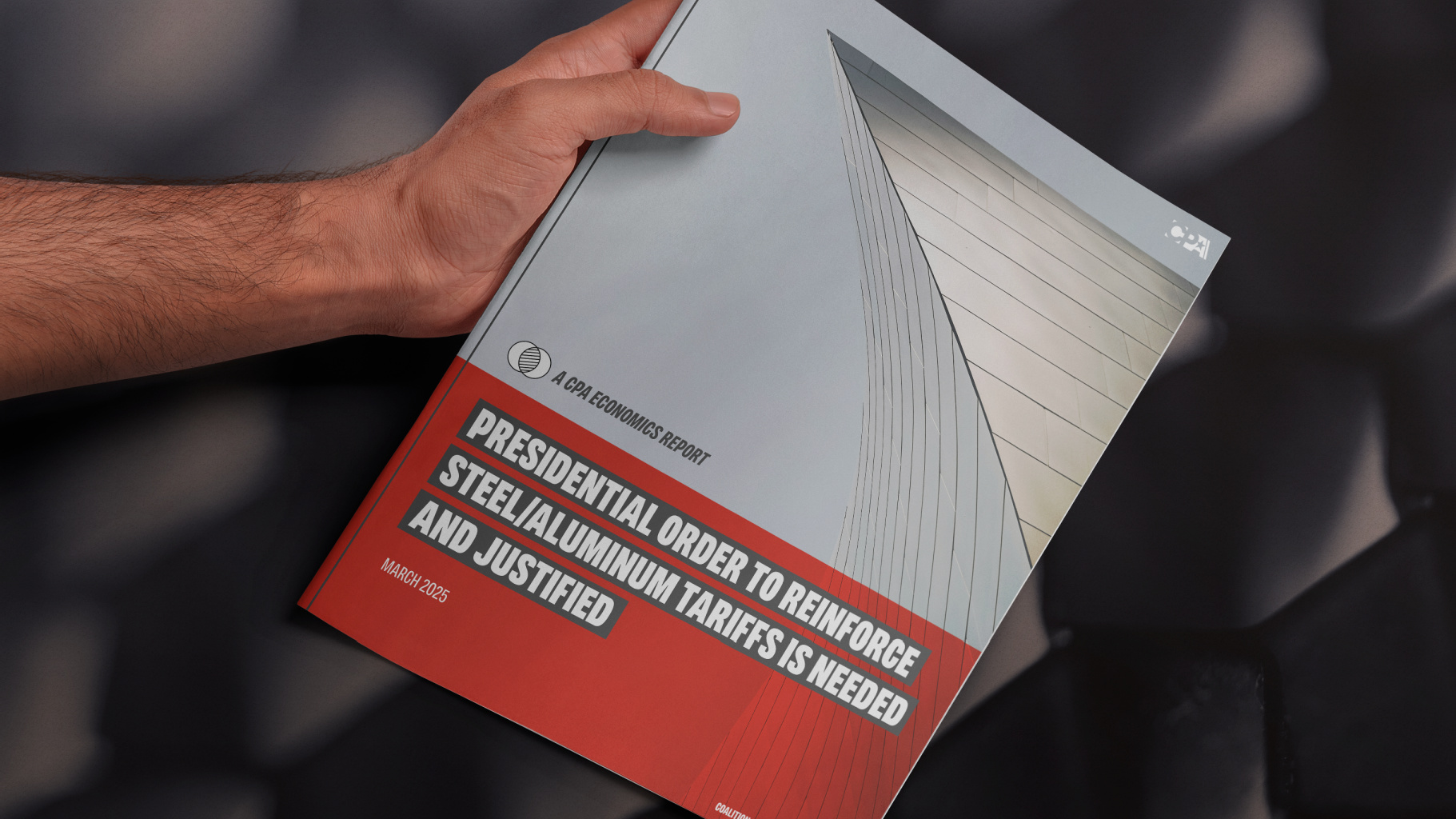
Supporters of Obamatrade won in the Senate by selling the idea that Fast Tracking would strengthen American power. They cited a letter signed by several former defense secretaries which claimed:
[Reposted from American Thinker | Jesse Richman, Howard Richman, and Raymond Richman | June 2, 2015]
There would be harmful strategic consequences if we fail to secure these agreements. In both Asia-Pacific and Atlantic, our allies and partners would question our commitments, doubt our resolve and inevitably look to other partners.
Unfortunately, these defense secretaries did not understand the economics of trade deficits. The Trans Pacific Partnership (TPP), the first deal that Obama is negotiating, would actually accelerate the destruction of U.S. power by growing our massive trade deficits.
Trade Deficits and Power
It is clear at this point that TPP would increase U.S. trade deficits. Amendments to combat mercantilist currency manipulation were narrowly rejected in the Senate because TPP backers argued that U.S. insistence on ending currency manipulation would lead others (e.g. Japan) to scuttle the deal. Instead, TPP will enable currency manipulation, the chief technique used by mercantilist countries to expand their trade surpluses and our trade deficits.
The basic contention of mercantilism (the strategy of running intentional trade surpluses) is that maintaining a favorable balance of trade leads to an increase in national power. Hence, running a trade surplus is a means to the end of increasing national power and wealth, while running a trade deficit undermines these. There is nothing new in this contention. It is expressed in the Bible in Deuteronomy (15:6):
Thou shalt lend unto many nations, but thou shalt not borrow; and thou shalt rule over many nations but they shall not rule over thee.
Mercantilist governments buy foreign currency (as part of their currency manipulations) and then they lend that currency to foreign nations. In this way they gain trade surpluses and power. We analyzed the economic reasons why trade deficits undermine national power in our recently published book Balanced Trade.
To see if mercantilism works, we just conducted a statistical study of 11,623 country-year observations for 186 countries from 1870 through 2007 using panel data models. The results: a strong statistically-significant correlation between balance of trade and national power. A favorable balance of trade is associated with an increase in power (national material capabilities), an unfavorable balance with a decrease.
To illustrate our findings, Figure 1 extrapolates the expected trajectory of U.S. power in two scenarios. The first scenario envisions twenty years of trade deficits the size the U.S. ran in 2007. The second scenario envisions balanced trade. Under trade deficits, U.S. national power declines by 28 percent. Under balanced trade, it remains stable, increasing by 0.5 percent.
If U.S. leaders wanted to sustain their nation’s position as a world power in the long run, they would be well advised to pursue the goal of balanced trade. The current approach, which accepts imbalanced trade, is likely to lead to diminished U.S. power.
Advocates of the Trans Pacific Partnership want to reassure Asian allies that we are “still a Pacific power.” But any gains in prestige from the trade deal will quickly be replaced by lost power through the resulting trade deficits. Rather than enhancing American power in the Pacific region, the Trans Pacific Partnership would accelerate its decline.
The rising economic and political challenge posed by China, results from the enormous trade deficits the United States has run with China for about two decades. The decline of U.S. industrial capability calls into question our continued role as a Pacific power. With TPP, Obama wants to double down on a policy that has contributed so much to U.S. decline.
Imbalanced trade has failed to buy the friendship of China, and we are now being called on to enable more imbalanced trade in the name of reassuring our allies who are threatened by China’s expansion.
Instead of unilaterally reducing U.S. power with a bad deal, let’s try balancing trade with China. Doing so would greatly enhance our trade with the countries surrounding China, which would greatly strengthen our alliance with those countries.
The Failure of Trade Agreements
A new Pew Research center survey shows that the American people are very skeptical about free trade agreements. Take Republicans, for example: 51% of Republicans think that trade agreements lead to job losses while only 15% think that they create jobs. 50% think that they make wages lower while only 11% think that they make wages higher. 40% think that they slow the economy while only 28% think that they grow the economy.
The reality of U.S. trade agreements is, if possible, even worse than Republicans think. In 1947, the U.S. began negotiations seeking an international General Agreement on Tariffs and Trade (GATT). There were eight rounds of negotiation from 1947 to 1994. They had little effect on the U.S. trade balance until the Kennedy round, 1964-1966. The trade deficits exploded after the Uruguay round. 1986-1993, in which 123 nations participated and which created the World Trade Organization (WTO) which began operations in 1995.
The creation of the WTO marked the beginning of the end of the U.S. as the world’s leading industrial power. The North American Free Trade Agreement (NAFTA) with Mexico and Canada (1993), the granting of permanent most-favored-nation trade status to China (2000), the free trade agreement with Korea (2007), all produced large trade deficits and cost millions of American jobs. These agreements led to a major loss of U.S. manufacturing:
Mexico. President Clinton‘s NAFTA reduced Mexican tariffs. In 1993, U.S. ran a trade surplus with Mexico of $4 billion. By 2014, that had turned into a $51 billion trade deficit – that’s about 510,000 jobs lost to Mexico so far.
China. President Clinton’s negotiated agreement, giving China permanent “Most Favored Nation” status, worsened the U.S. trade deficit with China from $81 billion in 2001 to $316 billion in 2014 — that’s about 2,350,000 jobs lost to China during that period.
South Korea. President Obama’s “free trade” agreement with South Korea, worsened the U.S. trade deficit with South Korea from $5 billion in 2011 to $13 billion in 2014 — about 80,000 jobs lost to South Korea so far.
In a 2012 article, Federal Reserve researcher Justin R. Pierce and Yale economist Peter K. Schott found a link between the sharp drop in U.S. manufacturing employment after 2001 and the elimination of trade policy uncertainty resulting from the U.S. granting of permanent normal trade relations to China. Pierce and Schott show that U.S. manufacturing employment losses starting in 2001 are concentrated in industries where a failed annual re-approval would have resulted in the sharpest increase in tariffs.
They also show that these same industries saw a large rise in U.S. imports from China as well as in the number of U.S. firms that import from China. The impact on U.S. manufacturing employment was quite large. Schott said: “According to our estimates, employment growth in the average industry was 30% lower between 2001 and 2007 than it would have been had the decline in uncertainty not occurred.”
Given the near certainty under the WTO rules that the U.S would never impose new tariffs, U.S. manufacturers began to move their factories and outsource production overseas and to import their foreign-made products to the U.S. duty-free. American and other foreign producers who relocated the production of their products abroad converted China into a leading manufacturing power, producing nearly all the high-tech products like i-phones, cell-phones, computers, television sets, etc. as well as less technical products like automobile parts, clothing, shoes, housewares, etc., causing U.S. manufacturing to decline with the loss of millions of jobs.
The Congress was well aware that the trade agreements would cause the unemployment of many American workers. The Trade Adjustment Assistance (TAA) Program is a federal program established under the Trade Act of 1974 that includes aid to workers who lose their jobs or whose hours of work and wages are reduced as a result of increased imports. According to Wikipedia, the estimated annual cost of the program is $22 billion.
The Conservative Alternative — Trade Reciprocity
Obamatrade won in the Senate, and now goes to the House where the Republican leadership is pushing it. If it passes, it will not only regulate trade, but will also regulate intellectual property laws, environmental laws, labor laws, and immigration laws, in the United States and around the world.
There is a much better alternative, and it doesn’t require a new international regulatory system. Under existing international law, Congress can balance trade simply by enacting the Scaled Tariff, a single-country variable tariff which is applied to each trade-surplus trading partner proportionately to the trade surplus it runs with the United States.
This tariff can be applied under current international rules by trade-deficit countries upon the countries with which they have chronic trade deficits. The rate of the tariff with a particular country goes up as the trade deficit goes up, goes down as the trade deficit goes down, and goes to zero when trade reaches balance.
If the United States were to impose a scaled tariff, American manufacturers could produce in the United States, where they could protect their trade secrets. Other countries would have to buy our products in order to have access to our markets.
In his speech against Obamatrade on the Senate Floor, Sen. Jeff Sessions laid out his conservative vision for a better American trade policy. He advocated a results-based policy, based upon the simple common sense idea that trade between countries should benefit both parties, just like a good business contract benefits both parties:
Americans must gain a net benefit from trade arrangements, rather than being taken advantage of. I believe that. My father always taught me that a good trading agreement, a good contract, a good business deal was what both parties had an advantage of.
Countries use mercantilism (the strategy of running trade surpluses) so that they can gain from trade arrangements while the U.S. loses. They get factories, power and wealth; we lose factories, power, and wealth.
Obama’s TPP will reduce America’s economic growth, power and position in the world. Instead, the United States should pursue balanced trade so that both countries in every U.S. trade arrangement benefit. Doing so would preserve American power and influence in the world.












